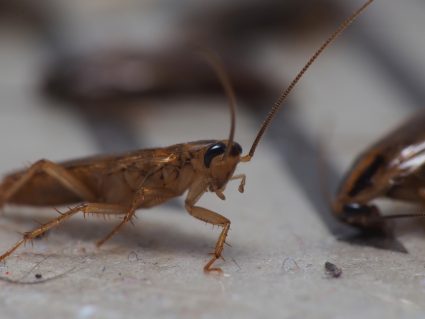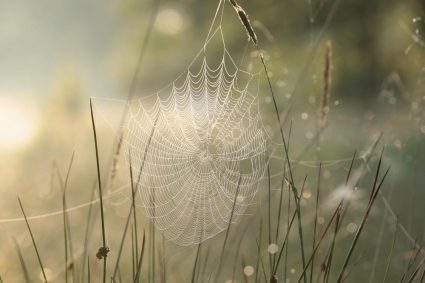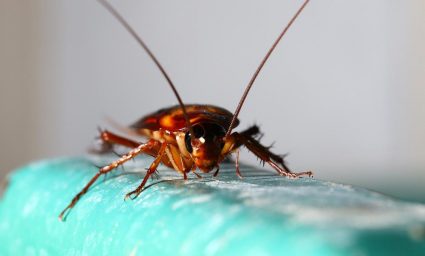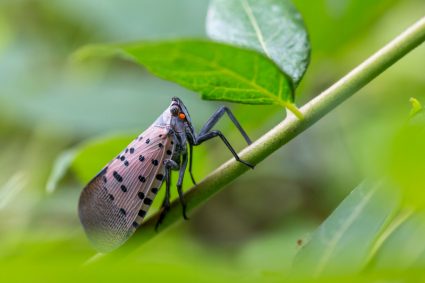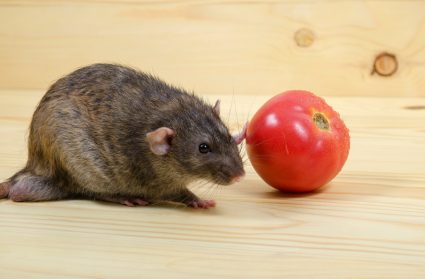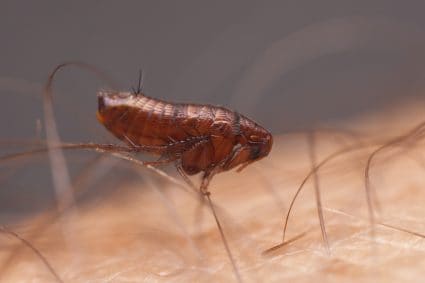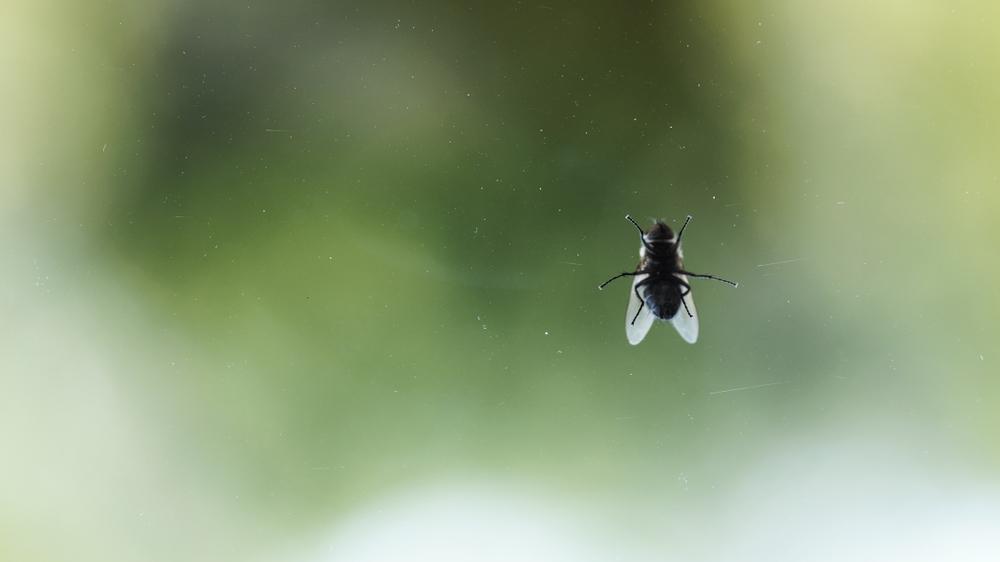
Fruit flies are a common household nuisance, especially during the warmer months. These tiny insects are attracted to ripe, rotting, or decayed fruit and other organic material, making your kitchen a prime target. If you’ve been looking for a natural and effective way to repel these pests, essential oils may be the solution you’ve been seeking.
Essential oils such as basil, peppermint, eucalyptus, lemongrass, lavender, clove, citronella, and camphor are known to repel fruit flies. They work by interfering with the fruit flies’ sensory system, making it difficult for them to locate food sources. Essential oils can be used in a diffuser, as a spray, soaked in cotton balls, in herb sachets, or in a homemade fruit fly trap for maximum efficiency.
The Top Essential Oils for Repelling Fruit Flies
Various essential oils are known to repel fruit flies due to their strong scents, which these insects find unpleasant. Here are the top essential oils that can help keep these pests at bay:
- Basil
- Peppermint
- Eucalyptus
- Lemongrass
- Lavender
- Clove
- Citronella
- Camphor (use with caution)
How Do Essential Oils Repel Fruit Flies?
Essential oils work by interfering with the fruit flies’ sensory system, making it difficult for them to locate food sources. A study conducted on Drosophila suzukii, a species of fruit fly, found that essential oils such as geranium, peppermint, citronella, lavender, and thyme were significantly repellent to female flies. Another study on basil oil found that its chemical components, including trans-anethole, estragole, and linalool, had lethal effects on fruit flies.
How to Use Essential Oils for Maximum Efficiency
To use essential oils effectively against fruit flies, consider the following methods:
- Diffuser: Add a few drops of your chosen essential oils to a diffuser and place it in the area where fruit flies are a problem.
- Spray: Mix a few drops of your chosen essential oil with hot water in a spray bottle and spray it on surfaces where fruit flies are present or in areas with frequent insect activity.
- Cotton balls: Soak cotton balls in essential oils and place them in areas with fruit fly activity.
- Herb sachets: Hang dried herbs like basil, peppermint, eucalyptus, lemongrass, or clove in paper tea bags or muslin sacks around your home.
- Fruit fly trap: Create a fruit fly trap by filling a small jar with apple cider vinegar and adding a few drops of essential oil.
Safety Precautions
While essential oils are generally safe, there are precautions to consider:
- Always dilute essential oils before using them.
- Store essential oil bottles in a cool, dry place, away from direct sunlight.
- Consult your healthcare provider before using essential oils if you are pregnant, nursing, or have a health condition.
- Avoid direct contact with skin and eyes.
- Keep them out of reach of children and pets.
- Test for allergies by applying a small amount of diluted oil to a patch of skin.
- Ensure proper ventilation when using essential oils in a diffuser or spray.
Benefits of Using Essential Oils Over Commercial Repellents
Essential oils are an eco-friendly, non-toxic, and aromatic alternative to commercial fruit fly repellents. They also have various applications, including aromatherapy, skincare, and household cleaning, making them a versatile option for repelling fruit flies.
By following these tips, you can effectively repel fruit flies and keep your home smelling pleasant at the same time. Remember to always use essential oils safely and responsibly.
Frequently Asked Questions
Can I use these essential oils on my skin to repel fruit flies?
Essential oils should not be applied directly to the skin as they can cause irritation. If you wish to use them on your skin, always dilute with a carrier oil like coconut or jojoba oil. However, it’s always best to consult with a healthcare provider or a certified aromatherapist before doing so.
Can I use these essential oils around my pets?
Some essential oils can be harmful to pets, especially cats and birds. If you plan to use essential oils around your pets, it’s crucial to ensure they are safe for animals. Consult with a veterinarian before using essential oils in a home with pets.
How often do I need to reapply or refresh the essential oils?
The frequency of reapplication will depend on the method of use and the specific oil used. Generally, if you’re using a diffuser, you may need to add more oil every few hours. If you’re using a spray or cotton balls, you may need to refresh every day or two.
Can I mix different essential oils together?
Yes, you can mix different essential oils together. Mixing oils can create a unique scent and may even enhance the repelling properties. However, certain oils may not blend well together, so it’s important to do some research or consult with a certified aromatherapist.
Can I use these essential oils to repel other insects?
Yes, many essential oils are effective against a variety of insects. For example, citronella is known to repel mosquitoes, and peppermint can deter ants and spiders. Always research or consult with an expert to find the most effective oils for the specific insects you’re dealing with.


